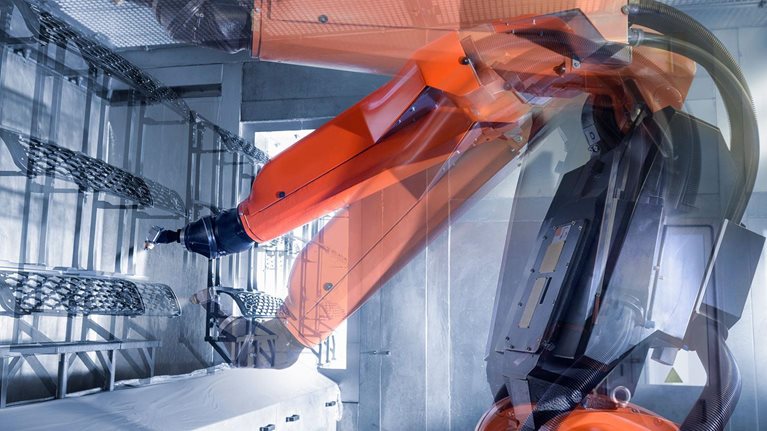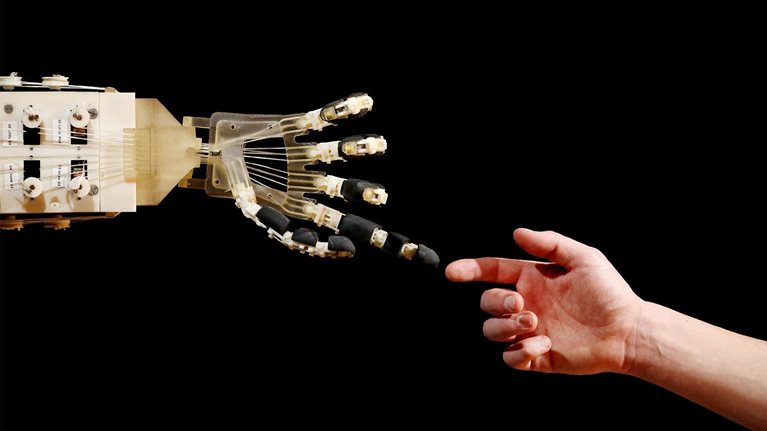Technology in many ways is perfectly conceived to operate in the workplace, bringing an ability to operate around the clock at increasing levels of accuracy and productivity. Since the Industrial Revolution, machines have been the ideal colleague, performing some of the most mind-numbing tasks and freeing up human partners to do more interesting and productive things. However, in the near future, new digital technologies are set to take the next step, graduating from the factory floor to the boardroom and applying themselves to more complex, cognitive activities.
Technologies such as artificial intelligence (AI) are a game changer for automation in the workplace. Like ambitious young go-getters, they promise to take on more responsibility and make better decisions, and the implications for workers, companies, and policy makers are significant and pressing.
The impact of new digital technologies on the labor market has led to the coining of the phrase “technological unemployment,” which describes a view of how the industrialization of the workplace may play out. However, that perspective ignores the other side of the technological coin, which is that automation also creates jobs and brings a positive economic impact from its ability to boost innovation and productivity, and offers advances in fields including healthcare, retail and security.
This report is an attempt to provide a long-term view of how that balance may develop, based on scenarios of how digital automation and AI will shape the workplace, and calibrated to sensitivities around the economy, productivity, job creation and skills.
Our key insight is that in the past technology has been a major boost to productivity, affecting the structure of employment but having little negative impact, or even a positive effect, on total net employment. In the next ten to 15 years, the new wave of digital automation and artificial intelligence will likely have the same kind of impact, creating jobs and generating value through increased productivity. Some jobs will be displaced, and more tasks within jobs will change, suggesting the key challenge for policy makers will be to create the right mechanisms around training and education to ensure a fast and smooth transition to adapt to a different skill structure in the future.
While we expect the structure of the broader work world will evolve, this report focuses on employment by companies, rather than self-employment, and on the period up to 2030, at which point we expect that the new automation process will be ongoing. Our research is focused on nine “digital front-runners” in Northern Europe (Belgium, Denmark, Estonia, Finland, Ireland, Luxembourg, Netherlands, Norway, and Sweden), which we have chosen because they are relatively enthusiastic adopters of digital technology, and are ahead of peers in the use of robotics, machine learning and AI. We expect that the likely dynamics of automation and AI diffusion and the related evolution of labor markets in the digital front-runners may provide lessons for many countries. Our research shows significant value in embracing AI and automation, but sees a requirement for new skill sets among employees and a policy response around education, training and the social contract.
Download the full report "Digitally-enabled automation and artificial intelligence: Shaping the future of work in Europe’s digital front-runners," (PDF–2MB)


